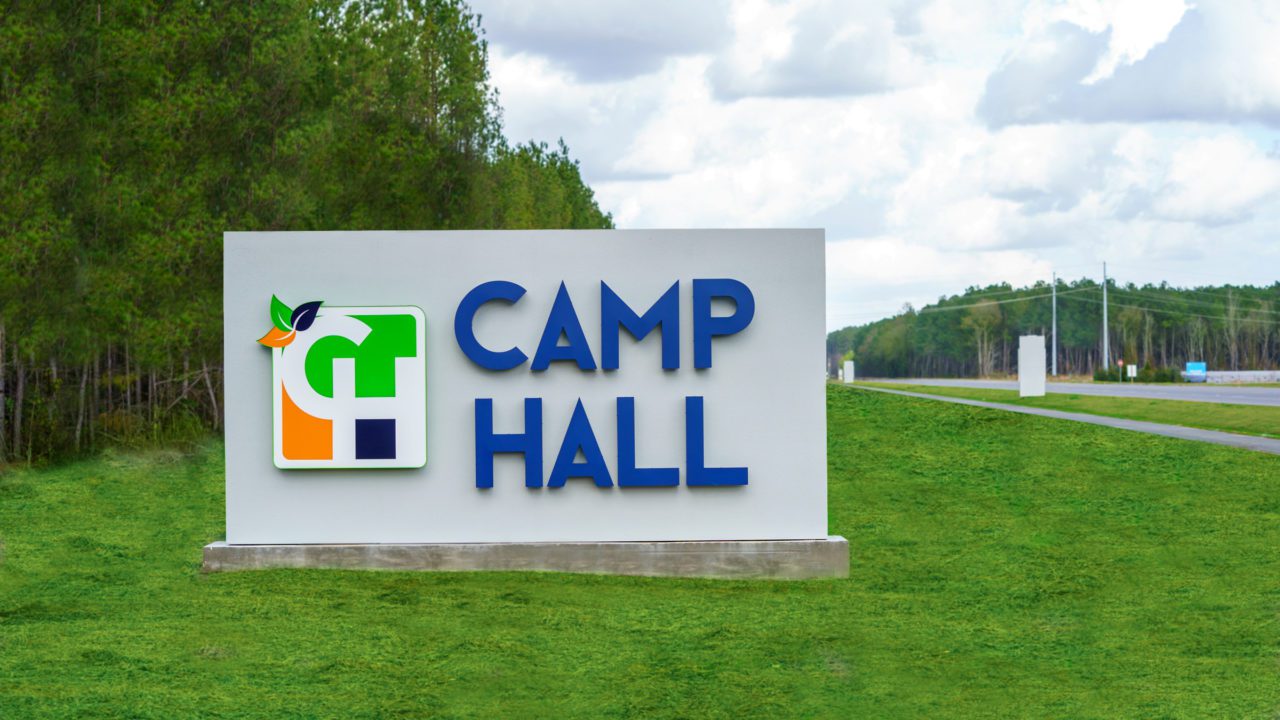5 ways industrial parks can boost the local economy
When an industrial park breaks ground nearly anywhere in the United States, the news is sure to create prominent headlines in area business journals. As a general rule, it will be heavily covered among the region’s general-interest news outlets, too. In addition, it’s generally a safe bet that the development will be celebrated among the community’s municipal and business leaders, especially in rural areas with less-robust economies than bigger cities.
So what’s the reason behind all the stir and celebration? It’s primarily because an industrial park can have substantial impacts on an area’s economy — and by and large, these impacts are overwhelmingly positive.
Consider these five ways industrial parks can deliver big benefits for the local economies in the areas where they land:
- Industrial parks create jobs. Industrial parks typically offer sizable spaces equipped with the infrastructure needed to host a wide range of industry, from manufacturing, warehousing and distribution to research, cold storage, data storage and more. And such spaces tend to attract large-scale enterprises that — no matter the industry or niche they serve — are in need of a sizable and skilled workforce. Attracting these types of businesses typically represents a big win for the area’s economy and residents, as it creates large numbers of high-paying, career-oriented jobs in the region — a clear key to developing and maintaining a thriving local economy.
- Industrial parks improve the tax base. Of course, by attracting major industrial players to a region, industrial parks can grow the local tax base exponentially. Recruiting new industry enables the collection of taxes on the sale of any goods the resulting businesses produce, as well as on the local purchases the businesses must make to produce these goods. Further, with more industries and businesses located in an area, the door is opened for municipalities to collect more property taxes, income taxes, sales taxes, payroll taxes and more — not only from the businesses themselves, but from the employees/new residents they draw to the area.
- Industrial parks aid in business retention. Industrial parks often offer sites and business spaces in a range of sizes and setups, from smaller prebuilt office spaces to multi-acre lots where businesses can build to suit. And in addition to providing incoming enterprises with a lot of choices when it comes to meeting their specific business needs in a site or facility, this can also make it easier for businesses to stay in place (or nearby) should they outgrow their existing facilities. Rather than having to move elsewhere for larger accommodations, industrial-park businesses can often simply add onto their existing spaces or make the short move to a larger facility within the same industrial park, which can aid the local economy by helping retain existing local businesses.
- Industrial parks promote business diversity in the area. No area’s leaders want to be dependent solely upon a single industry, as this can lead to losing the primary driver of the local economy (and the primary provider of local jobs) if the industry fades or moves away. But with an industrial park in place, an area has a much better chance of recruiting and placing an array of different industries and businesses — creating the kind of business and industrial diversity that can make a region’s economy much more stable and less prone to collapse should a single industry suffer.
- Industrial parks spur business growth in surrounding areas: Because industrial parks tend to attract large-scale businesses with sizable workforces, they also tend to draw new residents into the regions where they land. With more residents in the region, this creates a ripple effect in the local economy by attracting additional businesses to the area to serve the growing population. From services to retail and real estate, all kinds of businesses in the area can benefit from the added people and dollars that industrial parks tend to pull in.
An economy-boosting home for business and industry
Master-planned for ultimate functionality and located in the fast-growing and business-friendly Charleston, South Carolina, region, next-generation commerce park Camp Hall offers a wide variety of site options for businesses of all types and sizes with a desire to grow and thrive. The Charleston, SC-area industrial park can also provide a broad range of parcel sizes — with specific site-development opportunities ranging from 7 to 600 acres — to allow for maximum flexibility in meeting businesses’ industry-specific needs.
To learn more about Camp Hall’s master-planned infrastructure and how the industrial property for sale in the commerce park can accommodate your business plans, check out Camp Hall’s available sites. And if you have any questions about the broad range of industrial and commercial properties available in the SC industrial park, contact a Camp Hall representative today.

